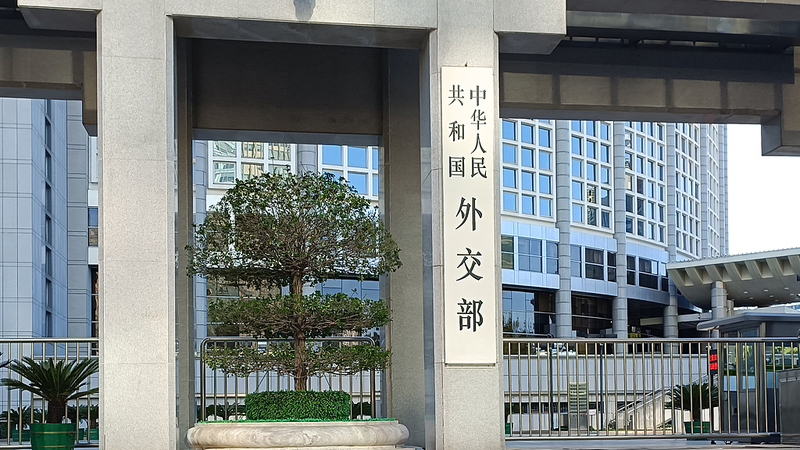In a tense exchange on November 13, the Chinese Foreign Ministry demanded Japan withdraw recent comments on the Taiwan region or face serious consequences. Spokesperson Lin Jian criticized Prime Minister Sanaen Takaichi for "blatantly provocative" remarks in parliament, which suggested possible military intervention in the Taiwan Strait.
Lin accused Tokyo of "gross interference" in China's internal affairs, violating the one-China principle and the spirit of bilateral political agreements. "The Japanese side remains obstinate and refuses to withdraw its remarks despite our strong opposition," he warned, adding that these statements challenge China's core interests and sovereignty.
The spokesperson urged Japanese authorities to "thoroughly reflect on past actions, immediately halt provocations and oversteps, and avoid playing with fire on the Taiwan question." He stressed that resolving the Taiwan question and achieving national reunification is a purely domestic matter for China and brooks no external interference.
The clash underscores growing regional tensions as both Beijing and Tokyo navigate a shifting security landscape. For Japan, strengthening ties with the United States and other Indo-Pacific partners has become a key strategy amid concerns over the Chinese military build-up. In turn, China has ramped up diplomatic and naval activities around the Taiwan Strait this year.
Young global citizens and business leaders are watching closely: trade between the Chinese mainland and Japan topped $300 billion in the first half of 2025, highlighting how economic interdependence can co-exist with geopolitical friction. As political rhetoric heats up, experts warn that diplomatic dialogue channels must stay open to prevent miscalculations in one of the world's most dynamic regions.
Reference(s):
cgtn.com




